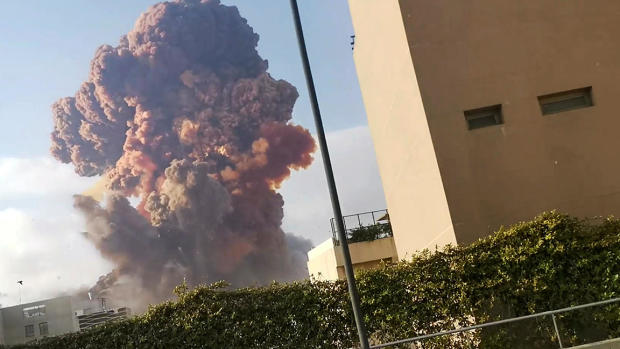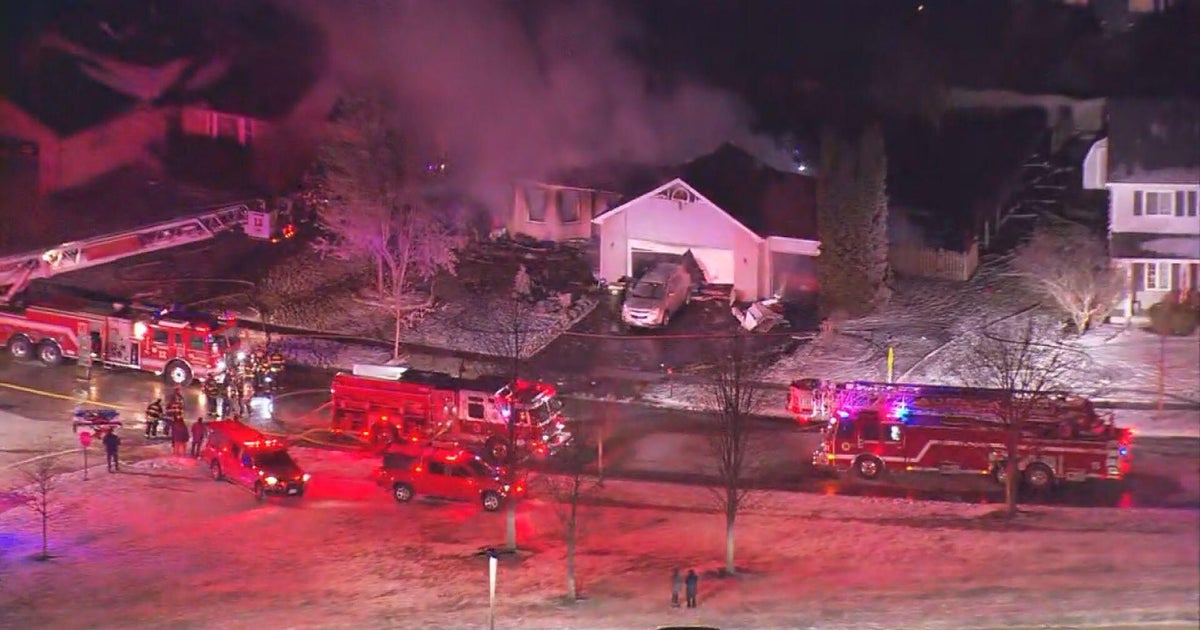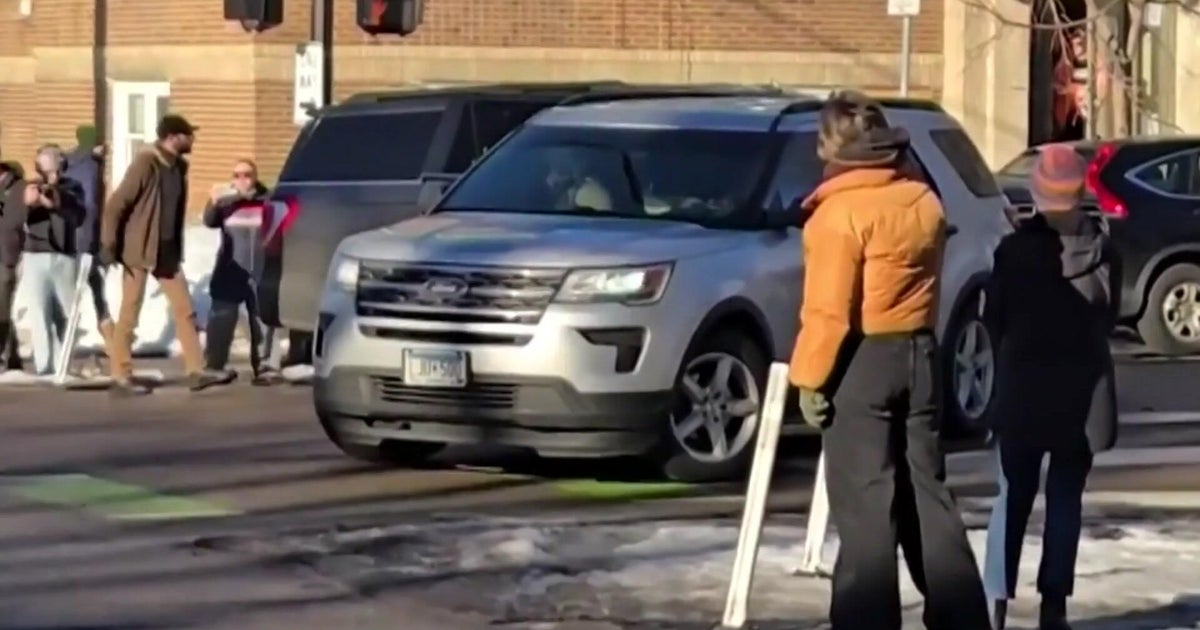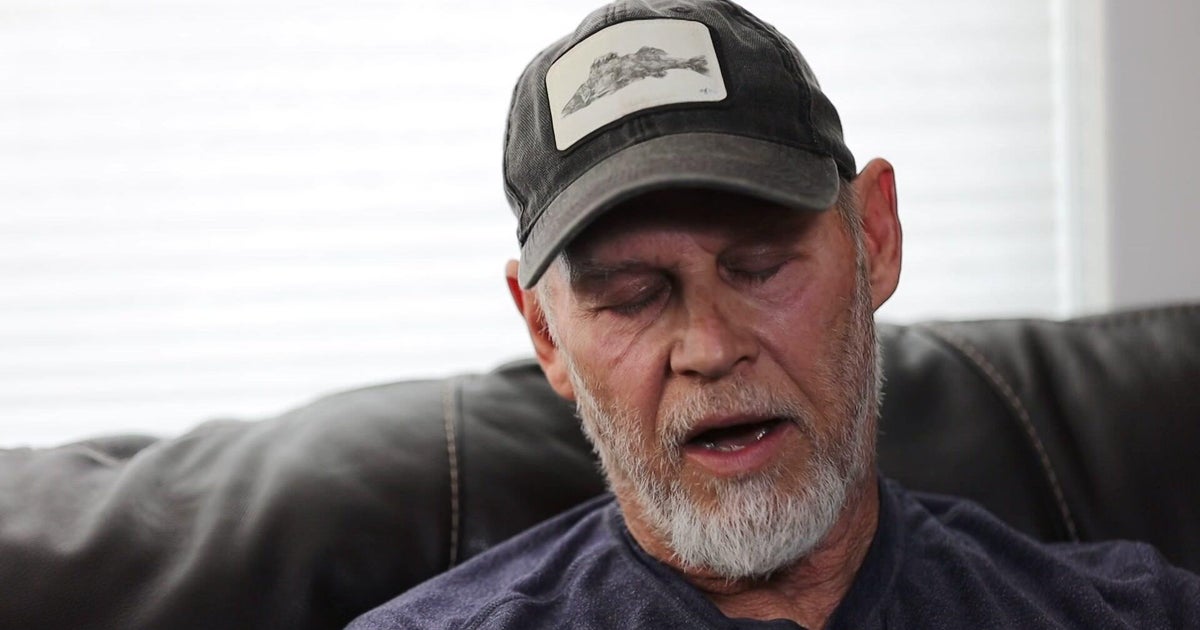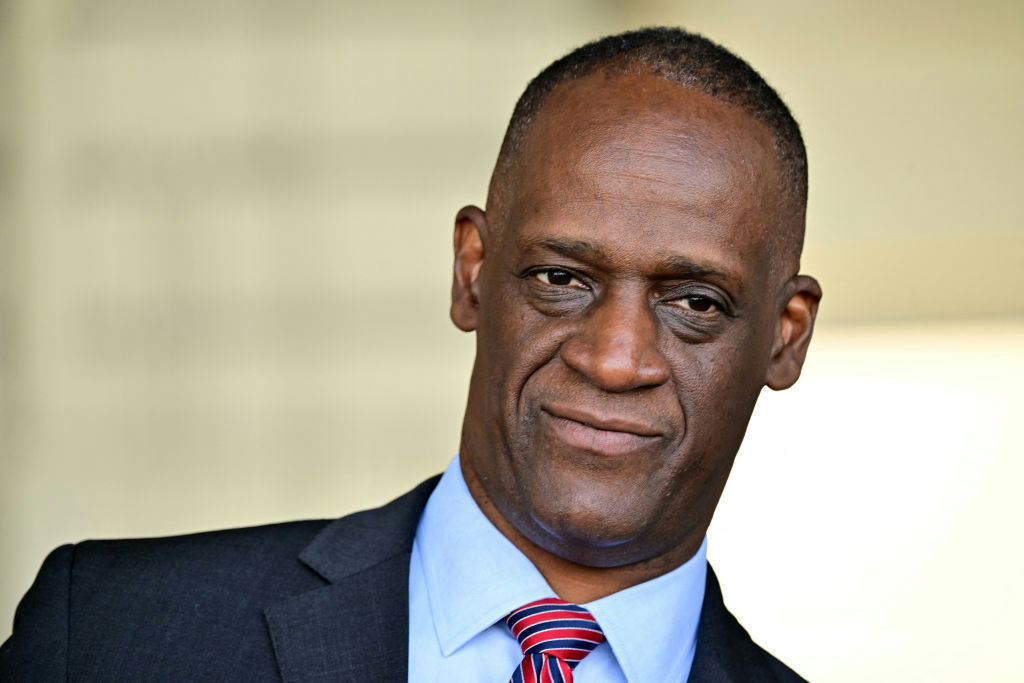"The whole city is shattered": Lebanon's U.N. ambassador describes the aftermath of Beirut explosions
Beirut is flooded with grief and outrage after the catastrophic explosion that left at least 149 people dead and more than 5,000 wounded. Lebanon's U.N. ambassador, Amal Mudallali, told CBS News that "the whole city is shattered."
Mudallali, who served as a former advisor to the assassinated Prime Minister Rafik Hariri, said the international community is stepping up to help — but added that after years of violence, financial crisis, and political turmoil, the psyche of the Lebanese people is one of pure exhaustion.
Read excerpts of CBS News' interview with Mudallali below:
CBS News' Pamela Falk: What is the way out of this situation? Will it make a bad economy worse?
Amal Mudallali: Unfortunately, this comes at a very, very difficult time for Lebanon and the Lebanese people, because they were going through a very hard time, going through a financial crisis, where people lost their savings, people were suffering, lost their jobs. And then we had the pandemic, we had COVID-19, and cases were rising in the last couple of weeks. So, the country and the people were exhausted already.
And then, this comes. And it is an explosion like we've never seen before. Never. I mean I lived through the war in Lebanon, I lived through bombings, assassinations. I have never seen scenes like that.
Beirut is devastated.
The glass ... every [piece of] glass in the whole city is gone, is shattered. And the whole city is shattered.
So this comes after all the suffering that the Lebanese are going through. And that's why the impact is so bad, and the mood is very, very down.
There is a sense of a food crisis also, because the silos, in the airport and the port, they were the ones that were housing the wheat for Lebanon. And these are destroyed.
What are you hearing from your diplomatic colleagues? And what about the investigation?
You know, the heartwarming part about this whole thing, if there is anything good about this whole thing, is that people have been so supportive from all over the world. It's the amount of the support and the amount of emotion that's coming through to stand by Lebanon is really heartwarming.
The international community is stepping up, and I hope that we can do more.
The government decided to have an investigation, and they said that this investigation is going to be transparent. They are working on the assumption that it's negligence.
Don't forget that before this also we had very strong movement in the street, and there's pressure in the street to find what the truth is and what happens.
And the government has been responsive to that now, they see that we have to deliver and they could deliver an investigation and results quickly. So let's wait and see. I mean, it's very — it's hard to tell, before anything happens, but let's wait for the investigation, and see what happens.
What has this attack done to everyone's psyche?
I went to the bombing [in 2005] that killed Rafik Hariri, former Prime Minister, and I was his foreign policy advisor and was very close to him.
And every time you see an explosion, it just goes to the core of your heart and you just lose balance, because you feel like it's happening again.
It's a nightmare. It's a nightmare. You think that you would over get over it. You never get over something like this. So yesterday, my first fear was when I saw the explosion, I thought they killed somebody.
And I had the same reaction when I saw the bombings in Beirut. And so you really never get over it. It always brings back all the bad memories. And we've been through a lot. And to tell you the truth, everybody is saying that now. We are exhausted. Everybody is exhausted.
How many more wars can you go through, how many assassinations, how many invasions? How many? Just name a crisis, everything in the book, we went through. And in my lifetime, I went through all of these and, sometimes, all of them together.
People are tired and think Lebanon needs a break. And I think we deserve a break.
